How do you feel about change?
We’re all living through a period of rapid change the likes of which we’ve never seen before.
It’s challenging and can be uncomfortable. But it also presents opportunities.
Change comes in different ways. Sometimes it’s forced on you. Sometimes you recognise the need for change and take the initiative.
Communication is key to successful change management and the one thing that will be crucial to the success of any new practices, policies or procedures in your organisation.
Adapt and evaluate
In the case of the Covid-19 crisis change has come in waves, each requiring a different approach and mindset.
In the initial phase we all did what we had to do to adapt – working from home, socially distancing, paying more attention to hand-washing and changing their way we shop.
With lockdown restrictions lifting we’re changing again, with many organisations returning to operation with new practices.
With the initial panic and confusion behind us, we’ve now arrived at a place where we can evaluate the changes we’ve made and decide how to move forward.
Making temporary changes permanent
A recent survey revealed that 91% of people don’t want life to return to the way it was before lockdown.
That’s an amazing mandate for change and a chance to take decisive action to improve our lives.
If we’re going to get this right, strong and effective communication is vital.
Many organisations think they’re communicating when they tell their staff and customers what they’re doing.
But communication is about listening as well as speaking. It’s about fostering the right dialogue with the right people and taking on board what people have to say.
That doesn’t happen by accident.
Communicating well – and, therefore, effective change management – hinges on establishing who you need to communicate with, understanding their point of view, and knowing how their interests interact with those of other parties.
This is the basis of stakeholder analysis.
People, not ‘stakeholders’
‘Stakeholders’ always seems like one of those bureaucratic buzzwords, and that can act as a barrier to spending time thinking about the effectiveness and impact of the way you communicate.
So let’s not think of them as stakeholders, and lets call them what they are. People. People with hopes, fears, commitments, and concerns.
Who are the people who will be affected by the change that’s taking place?
Will they be affected positively or negatively?
Will what’s happening have a large or small effect on them?
Taking the time to understand the individuals and groups who will be impacted by change is crucial.
Put yourself in their shoes. Who will be most interested in the change that’s happening, and why? Who is in a position to enable or disrupt progress?
Do this work before communication starts and you’ll be one step closer to success.
Communicating about communication
A big change many organisations are currently facing is the adjustment to our working lives that has arisen from the Covid-19 crisis.
Will we ever go back to working the way we used to, and if not how are we going to interact with each other within teams and organisations?
Many organisations will have some work do around this – an occasion we need to communicate effectively about how we’re going to communicate in the future.
Getting this right means happy, productive organisations filled with people motivated by having had an input into the future of their life and work.
- Let Rosebank Media support through these uncertain times with change management consultancy services geared towards making your communication hit the mark in these challenging times. Get in touch to find out more.










